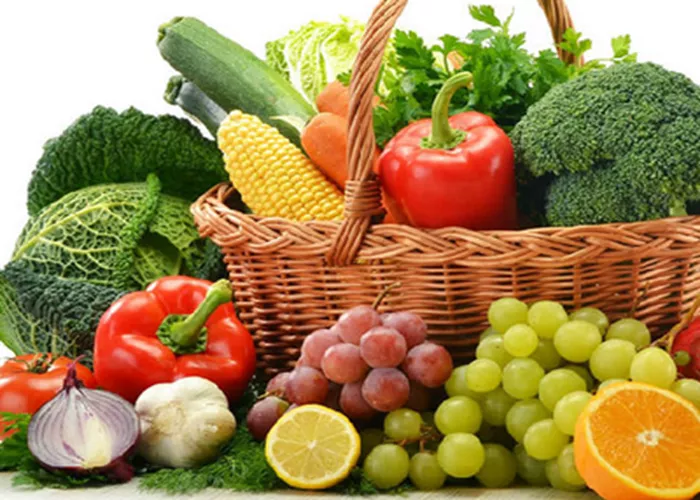Starting a gym routine is an exciting step towards better health and fitness. However, to maximize your gains and ensure that your body has the energy and nutrients it needs to recover and grow, you must pay close attention to your diet. This article will provide gym beginners with a comprehensive guide to nutrition, helping you understand what to eat, when to eat, and why it’s important.
Understanding Calories and Macronutrients
Before diving into specific diets, it’s crucial to understand the basics of calories and macronutrients (carbohydrates, proteins, and fats).
Calories: Calories are a measure of energy. To lose weight, you need to create a calorie deficit by burning more calories than you consume. However, as a gym beginner, you also need to ensure that you’re consuming enough calories to support your workouts and recovery.
Macronutrients
Carbohydrates: Carbs are your body’s primary source of energy. They’re especially important for gym-goers because they provide the glucose needed for muscular contractions and energy production. Choose complex carbs like whole grains, vegetables, and fruits, which are digested slowly and provide sustained energy.
Proteins: Proteins are essential for muscle repair and growth. After a workout, your muscles need protein to rebuild and become stronger. Good sources of protein include lean meats, fish, eggs, dairy, and plant-based proteins like beans and lentils.
Fats: Fats are also necessary for overall health, providing essential fatty acids and helping with the absorption of fat-soluble vitamins. Focus on healthy fats like avocados, nuts, seeds, and olive oil.
Meal Planning for Gym Beginners
Now that you understand the basics, let’s dive into meal planning.
Breakfast: Start your day with a balanced breakfast that includes a mix of carbs, proteins, and fats. For example, you could have oatmeal with banana slices and a scoop of protein powder for carbs and protein, plus a tablespoon of almond butter for healthy fats.
Pre-Workout Meal: About an hour before your workout, eat a light meal or snack that’s easy to digest and provides a mix of carbs and protein. This will give you the energy you need to power through your workout and help prevent muscle breakdown. Good choices include a piece of fruit with a handful of nuts, or a whole-grain wrap with chicken and avocado.
Post-Workout Recovery: Immediately after your workout, your body needs nutrients to repair and grow muscle. Aim for a mix of carbs and protein within 30 minutes of finishing your workout. This could be a protein shake with some fruit and a banana, or a grilled chicken salad with sweet potato.
Lunch and Dinner: For lunch and dinner, focus on balanced meals that include a lean protein source, a variety of vegetables, and a whole grain or starchy vegetable. For example, you could have grilled salmon with quinoa and steamed broccoli for lunch, and chicken stir-fry with brown rice and mixed vegetables for dinner.
Snacks: Healthy snacks can help keep your energy levels stable and prevent overeating at meals. Good snack choices include yogurt with berries, apple slices with peanut butter, or a handful of mixed nuts.
Hydration and Supplements
Hydration is crucial for gym-goers, as even mild dehydration can impair performance and recovery. Aim to drink at least 8 cups (2 liters) of water per day, and increase your intake if you’re sweating heavily during workouts.
In terms of supplements, consider taking a multivitamin to ensure you’re getting all the essential nutrients your body needs. Protein powder can also be a convenient way to increase your protein intake, especially if you’re struggling to meet your protein goals through food alone.
Tips for Success
Plan Ahead: Take some time each week to plan your meals and snacks. This will help you make healthier choices and avoid falling into the trap of grabbing fast food or unhealthy snacks when you’re hungry and on the go.
Listen to Your Body: Pay attention to how your body feels after eating different foods. Some foods may make you feel sluggish or bloated, while others may give you sustained energy and help you recover faster.
Stay Flexible: It’s okay to make adjustments to your diet as you learn more about your body and your needs. Don’t be afraid to try new foods and recipes, and be open to making changes based on how you feel and perform.
Seek Professional Advice: If you’re unsure about how to structure your diet or if you have specific health concerns, consider consulting a registered dietitian or nutritionist. They can provide personalized advice and guidance to help you achieve your goals.
Conclusion
In conclusion, a well-balanced diet is essential for gym beginners who want to maximize their gains and recover effectively. By understanding the basics of calories and macronutrients, planning your meals and snacks, staying hydrated, and listening to your body, you can create a diet that supports your fitness goals and helps you build a stronger, healthier body.
Remember, the key to successful weight loss and muscle gain is consistency and patience. Don’t expect overnight results, but stick with it, and you’ll see progress over time.
Related topic:


